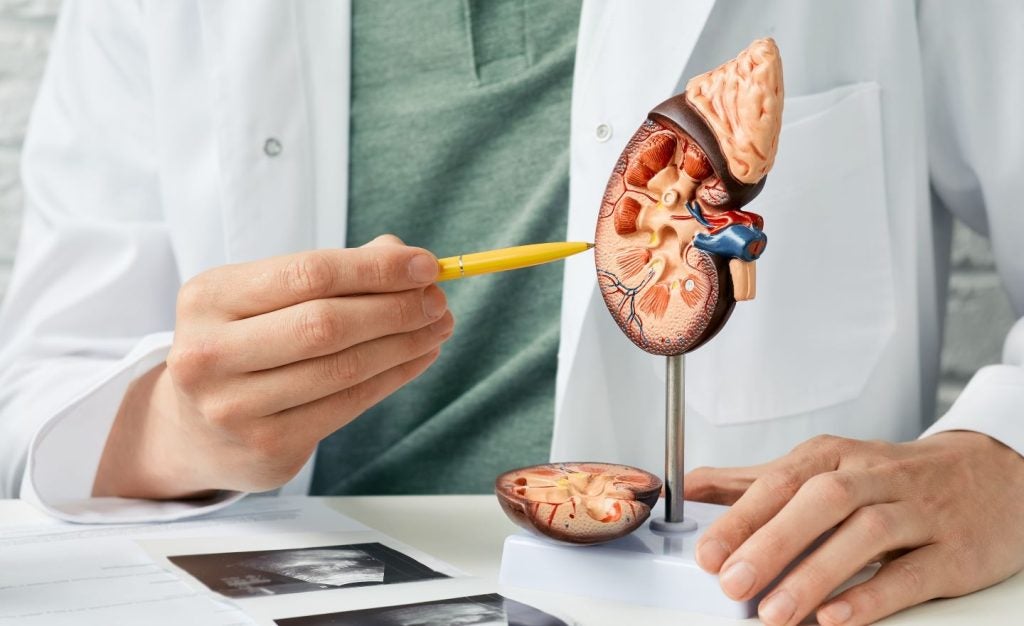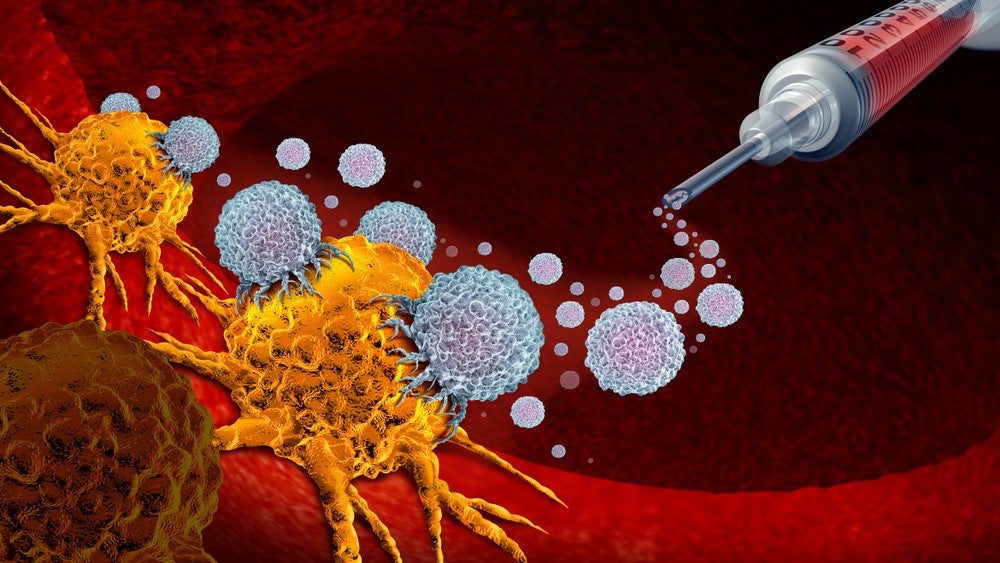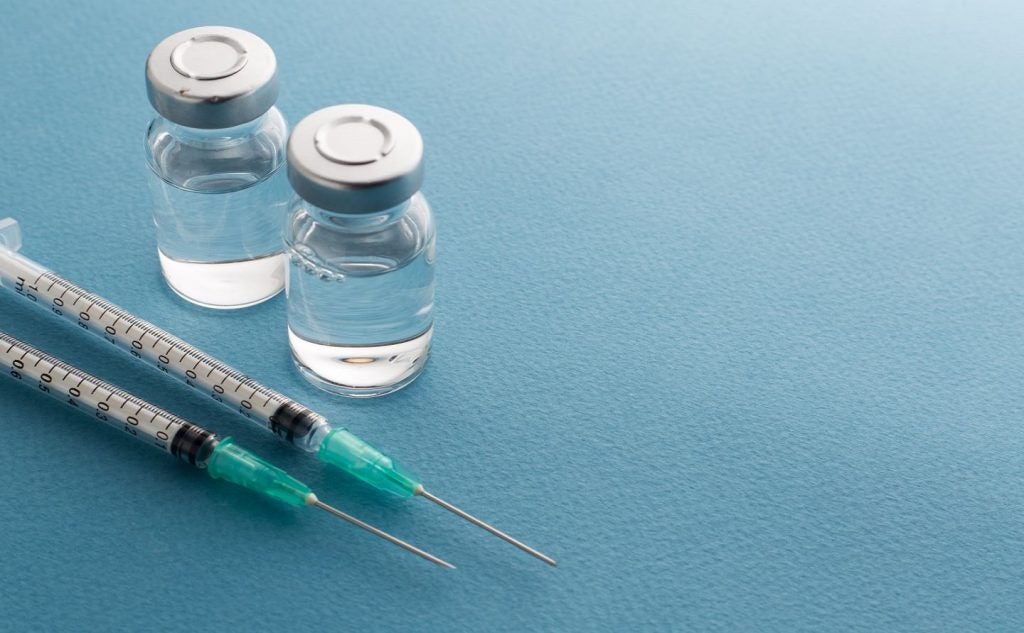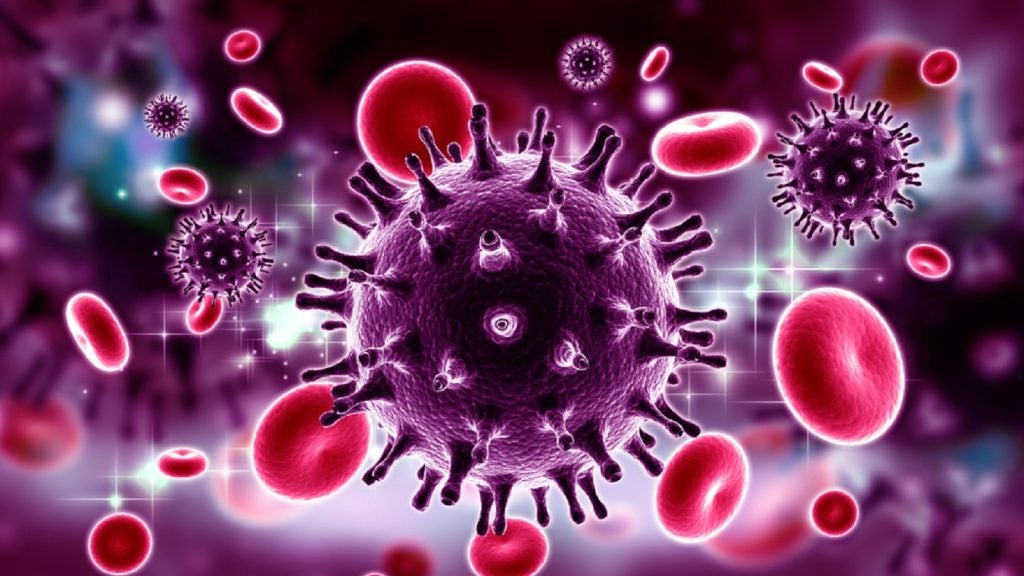Regulus Therapeutics has reported positive topline data from the first cohort of its Phase Ib multiple-ascending dose (MAD) clinical trial of RGLS8429 to treat autosomal-dominant polycystic kidney disease (ADPKD).
The double-blind, placebo-controlled trial is analysing the tolerability, safety, pharmacokinetics and pharmacodynamics of RGLS8429 in adult ADPKD patients.
The first cohort enrolled 12 participants, who were randomised into a 3:1 ratio to receive RGLS8429 1mg/kg or placebo on alternate weeks for a total of three months.
According to the trial data, RGLS8429 was demonstrated to be well tolerated in participants who received the active drug without any safety findings.
In RGLS8429 arms, improvement in urinary polycystin 1 and 2 (PC1 and PC2) was reported.
The protein products of PKD1 and PKD2 genes, PC1 and PC2 levels are inversely linked to the severity of the disease.
The company is currently dosing subjects in the second cohort with 2mg/kg of RGLS8429 or placebo with the same dosing regimen as the first cohort.
RGLS8429 is an oligonucleotide that can hinder miR-17.
Regulus Therapeutics CEO Jay Hagan said: “These data strengthen our conviction in the potential of our lead compound, RGLS8429, to address the underlying genetic drivers of ADPKD.
“We look forward to providing additional updates as we continue to make progress with the second cohort of this Phase Ib study and initiate recruitment for the third cohort next month.”
The company also concluded a 27-week toxicity study of RGLS8429 in mice with data showing no drug-associated toxicity at any dose levels up to 300mg/kg given on alternate weeks.















